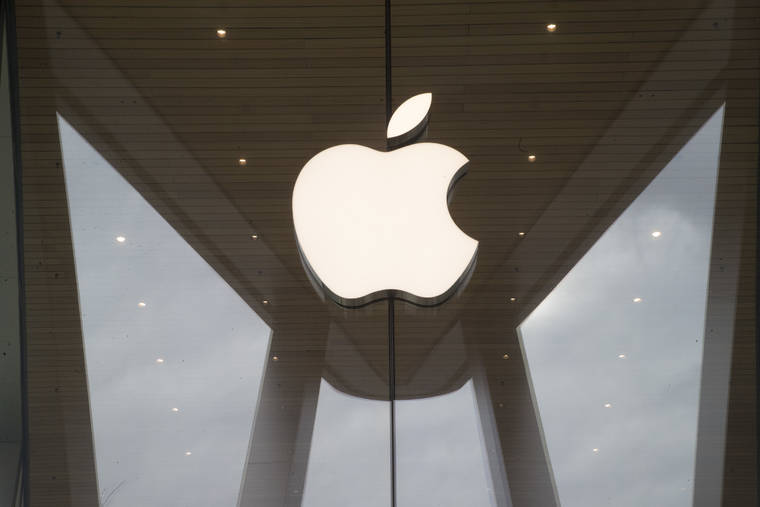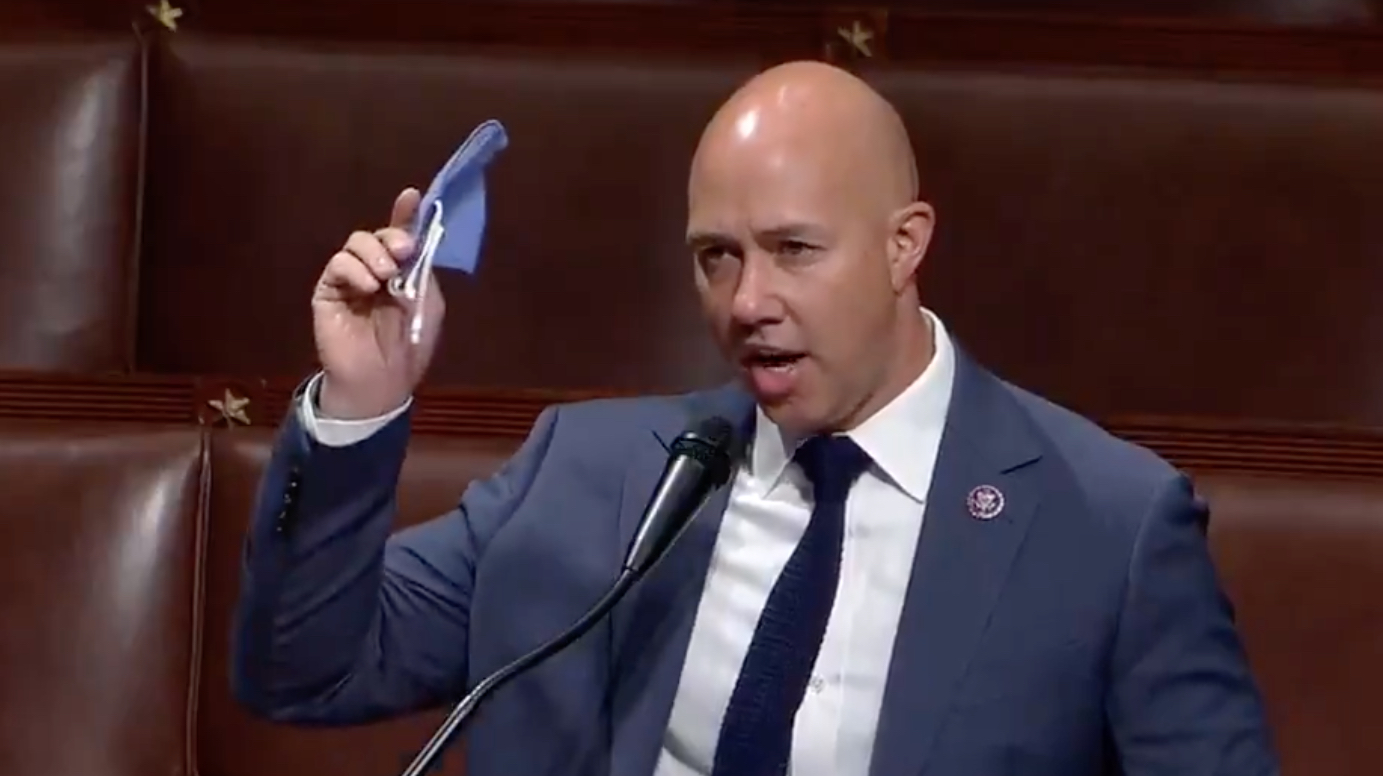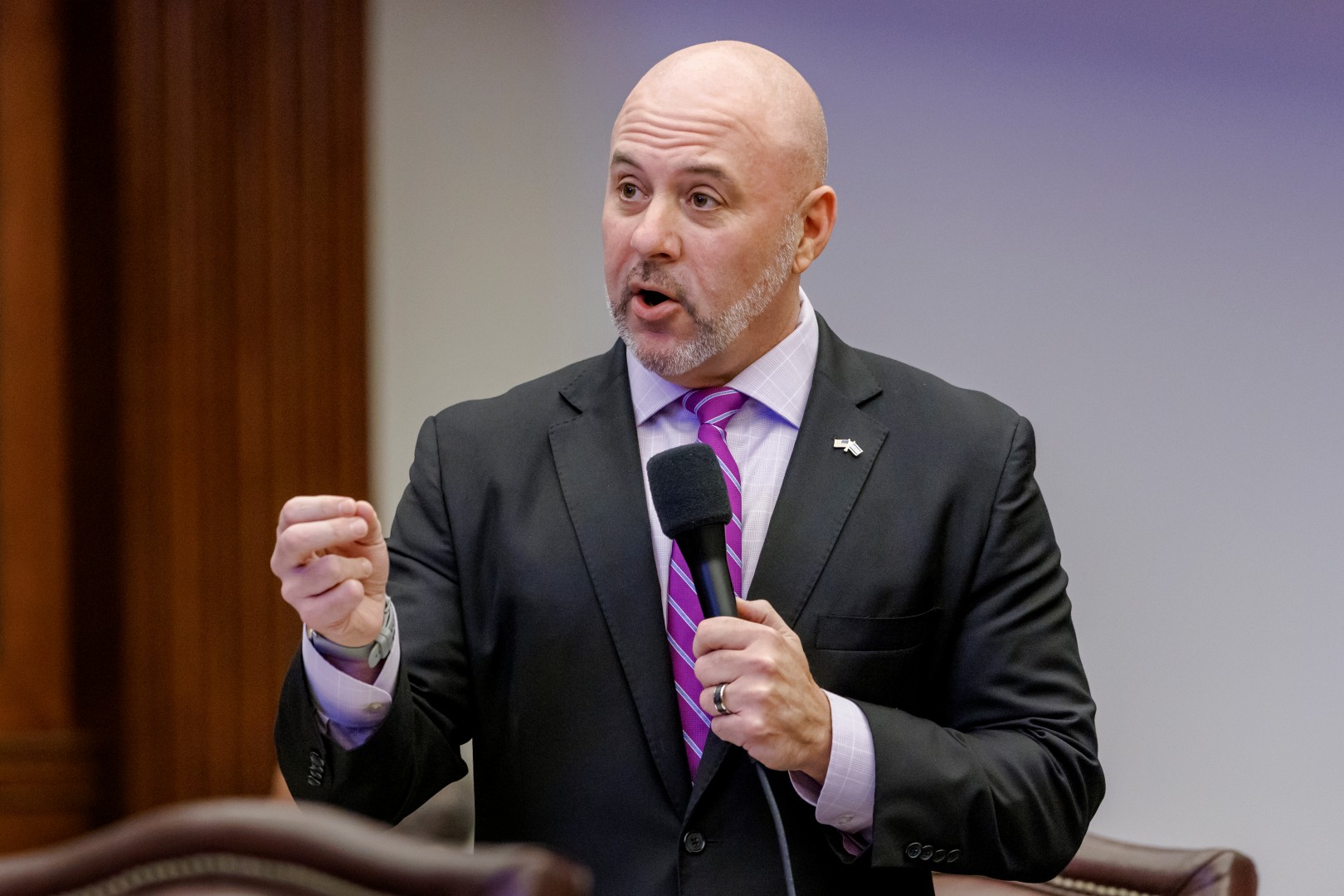President Donald Trump welcomed French President Emmanuel Macron to the White House for talks on Monday at a moment of deep uncertainty about the future of transatlantic relations, with Trump transforming American foreign policy and effectively tuning out European leadership as he looks to quickly end Russia’s war in Ukraine.
The two leaders started their day by participating in a more than two-hour virtual meeting with fellow leaders of the Group of Seven economies to discuss the war.
Trump also has made demands for territory — Greenland, Canada, Gaza and the Panama Canal — as well as precious rare earth minerals from Ukraine. Just over a month into his second term, the “America First” President has cast an enormous shadow over what veteran U.S. diplomats and former government officials had regarded as America’s calming presence of global stability and continuity.
Despite some notable hiccups, the military, economic and moral power of the United States has dominated the post-World War II era, most notably after the Cold War came to an end with the collapse of the Soviet Union. All of that, some fear, may be lost if Trump gets his way and the U.S. abandons the principles under which the United Nations and numerous other international bodies were founded.
“The only conclusion you can draw is that 80 years of policy in standing up against aggressors has just been blown up without any sort of discussion or reflection,” said Ian Kelly, a U.S. Ambassador to Georgia during the Obama and first Trump administration and now a professor at Northwestern University.
“I’m discouraged for a lot of reasons, but one of the reasons is that I had taken some encouragement at the beginning from the repeated references to ‘peace through strength,’” Kelly added. “This is not peace through strength — this is peace through surrender.”
Visits start on anniversary of war in Ukraine
Trump, a Republican, is hosting Macron on Monday, the three-year anniversary of the war in Ukraine. Trump is set to hold a meeting Thursday with another key European leader, British Prime Minister Keir Starmer.
Their visits come after Trump shook Europe with repeated criticism of Ukrainian President Volodymyr Zelenskyy for failing to negotiate an end to the war and rebuffing a push to sign off on a deal giving the U.S. access to Ukraine’s rare earth minerals, which could be used in the American aerospace, medical and tech industries.
European leaders also were dismayed by Trump’s decision to dispatch top aides for preliminary talks with Russian officials in Saudi Arabia without Ukrainian or European officials at the table.
Another clash is set to play out at the U.N. on Monday after the U.S. proposed a competing resolution that lacks the same demands as one from Ukraine and the European Union for Moscow’s forces to immediately withdraw from the country.
On the minerals deal, Zelenskyy initially bristled, saying it was short on security guarantees for Ukraine. He said Sunday on X that “we are making great progress“ but noted that “we want a good economic deal that will be part of a true security guarantee system for Ukraine.”
Trump administration officials say they expect to reach a deal this week that would tie the U.S. and Ukrainian economies closer together — the last thing that Russia wants.
It follows a public spat, with Trump calling Zelenskyy a “dictator” and falsely charging Kyiv with starting the war. Russia, in fact, invaded its smaller and lesser-equipped neighbor in February 2022.
Zelenskyy, who said Sunday in response to a question that he would trade his office for peace or to join NATO, then angered Trump by saying the U.S. President was living in a Russian-made “disinformation space.” Confronting Trump might not be the best approach, analysts say.
“The response to President Trump doing something to you is not to do something back right away. You tend to get this kind of reaction,” said retired Rear Adm. Mark Montgomery, a senior fellow at the Foundation for the Defense of Democracies.
He added, “This is part of a broader issue where I know the administration’s characterizing themselves as disruptors. I think a better term might be destabilizers. And, unfortunately, the destabilizing is sometimes us and our allies.”
That complicated dynamic makes this week’s task all the more difficult for Macron and Starmer, leaders of two of America’s closest allies, as they try to navigate talks with Trump.
High-stakes talks between European and U.S. leaders
Macron said he intended to tell Trump it’s in the joint interest of Americans and Europeans not to show weakness to Vladimir Putin during U.S.-led negotiations to end the war in Ukraine. He also suggested he’ll make the case that how Trump handles Putin could have enormous ramifications for U.S. dealings with China, the United States’ most significant economic and military competitor.
“You can’t be weak in the face of President Putin. It’s not you, it’s not your trademark, it’s not in your interest,” Macron said on social media. “How can you then be credible in the face of China if you’re weak in the face of Putin?’”
Yet, Trump has shown a considerable measure of respect for the Russian leader. Trump said this month he’d like to see Russia rejoin what is now the Group of Seven major economies. Russia was suspended from the G8 after Moscow’s 2014 annexation of Ukraine’s Crimea region.
Trump dismissed Zelenskyy’s complaints about Ukraine and Europe not being included in the opening of U.S.-Russia talks, suggesting he’s been negotiating “with no cards, and you get sick of it.”
Putin, on the other hand, wants to make a deal, Trump argued Friday. “He doesn’t have to make a deal. Because if he wanted, he would get the whole country,” Trump added.
The deference to Putin has left some longtime diplomats worried.
“The administration should consider going in a different direction because this isn’t going to work,” said Robert Wood, a retired career diplomat who served in multiple Republican and Democratic administrations. “Let’s not kid ourselves: Russia started this war, and trying to rewrite the narrative isn’t going to serve the best interests of the U.S. or our allies.”
___
Republished with permission of The Associated Press.
Post Views: 0


 Entertainment8 years ago
Entertainment8 years ago
 Entertainment8 years ago
Entertainment8 years ago
 Politics8 years ago
Politics8 years ago
 Tech8 years ago
Tech8 years ago
 Tech8 years ago
Tech8 years ago
 Tech8 years ago
Tech8 years ago
 Politics8 years ago
Politics8 years ago
 Tech8 years ago
Tech8 years ago









